Tehran(Bazaar): President Recep Tayyip Erdogan of Turkey had planned to be crowned the longest-serving president of Turkey when the 2023 celebration of 100 years of the Republic of Turkey is to be held, but economic crisis, censorship, corruption, and low opinion polls make his dream uncertain, Steven Sahiounie, Journalist and political commentator said.
The following is his article that was published at Mideast Discourse:
Erdogan has ruled Turkey since 2003, first as prime minister, and now as president. He managed to engineer sweeping powers for himself three years ago but has since driven the country into hyperinflation and a collapsing currency while dismissing three central bank governors since 2019, and sacking three bank policymakers in October. The central bank has been acting on its whims, which are in direct opposition to conventional economic thought. Instead of raising interest rates to offset the fall in the lira by 56% this year, Erdogan has insisted on lowering interest rates.
Erdogan corruption accusations
When Erdogan came to power in 2003, his AKP was seen as a fresh start after previous corrupt governments, most notably the 1996 corruption scandal, which revealed close ties between the government, right-wing nationalists, and organized crime. However, Erdogan, his relatives, and some key members of the government have been exposed to scandals that have plagued him.
2013:
The 2013 corruption scandal in Turkey was a criminal investigation that involved many key people in the Turkish government, who were connected to the AKP and exposed to crimes of bribery, corruption, fraud, money laundering, and gold smuggling. The case involved Erdogan’s sons, Bilal and Burak along with others who were Al Qaeda operatives.
In response, Erdogan sacked 350 police officers, including the chiefs of the units dealing with financial crimes, smuggling, and organized crime.
A video began to circulate that shows Ali Erdogan, nephew, and bodyguard of the Prime Minister, instructing a police commissioner to abuse the detainees who had protested his uncle.
On 23 December, 35-year-old Hakan Yüksekdağ, a police commissioner in the Smuggling and Battle Against Organized Crimes Department of the Ankara Province Security Directory, was found dead in his car. The next day, Abdi Altınok, an Assistant Chief of Police in the Isparta Province Security Directory died. Both deaths were officially called suicides.
2014:
Four judges were fired after they investigated corruption allegations against the inner circle of Erdogan. The scandal dragged down four government ministers. The corruption probe became public on December 17, 2013, with police raids leading to the arrest of dozens of people allied with Erdogan, whose own son was also implicated. All charges against government officials linked to the investigation have been formally dropped.
2015:
Moscow accused Erdogan of running a “family business” in smuggling ISIS oil as Berat Albayrak, Erdogan’s son-in-law and Turkey’s energy minister, was linked to the supply of oil by the terrorists. The Turks denied the allegations, but Russia produced satellite images clearly showing the oil tankers used by ISIS in Syria crossing the Turkish border at Reyhanli unimpeded.
2019:
A TV channel broadcast a compilation of leaked phone calls that took place in December 2013 between Erdogan and his son Bilal about getting rid of large amounts of cash they possessed after a corruption case was broken by the Turkish authorities.
Erdogan instructed his son to move the money immediately. In conversations back and forth, Erdogan and his son discuss the millions of dollars they need to hide and use Erdogan’s daughter, sister, and her husband in moving the illicit money.
2020:
Erdogan’s son-in-law Berat Albayrak, who last served as the Finance Minister of Turkey, came under worldwide criticism for pocketing the money and mastering financial corruption. A corruption case involving Erdogan’s family has dented his efforts to claim the leadership of the Muslim global community and has led to chaos at the domestic level. A case of brazen corruption has unfolded in Turkey involving Erdogan indulging in money laundering and corruption. Albayrak is also facing the charges of sharing dividends with the political elites, especially those in Erdogan’s Party (AKP). This case of money laundering was highlighted following the arrest of his aide Reza Zarrab in Miami in 2016.
2021:
Organized crime boss Sedat Peker, who is living in exile, produced a series of videos over two weeks accusing those close with Erdogan of rape, drug dealing, and suspicious deaths.
Peker first accused the Pelikan group, a clique centered around Berat Albayrak, Erdogan’s son-in-law, and gave descriptions of bitter infighting among rival groups around Erdogan and of murky links between senior officials and the mob which are extremely damaging.
Peker exposed the illegal seizure of a marina by a government insider and the subsequent use of it for drug trafficking, and the death of a woman who filed a complaint of sexual assault against an AKP lawmaker. Peker had as many as four million viewers tuning in to his videos detailing his claims.
“Every day a different Pandora’s box is being opened,” Ahmet Davutoglu, a former prime minister who fell out with Erdogan and set up the opposition Future Party, said in a statement.
2021:
Organizational documents were leaked from the Turkish Youth Foundation (TUGVA), of which the president’s son, Bilal Erdogan, is one of the leaders. The information in these documents, published by El País, contains copies of correspondence with various municipal, provincial, and central government authorities, CVs, property records, account sheets, and even ‘lists of members of the foundation who are recommended to be placed in various state bodies’, from the management of educational establishments to positions within the police and armed forces.
Turkey’s opposition has long accused the association of having become “a parallel state structure”. One of TUGVA’s former provincial directors, Tamer Ozsoy, said that all the information that has come to light “is just the tip of the iceberg”.
Erdogan-Muslim Brotherhood
The standard of living for Turks has been reduced by hyperinflation and the lira’s collapse.
“Rising prices and a weak Turkish lira, alongside public dissatisfaction with widespread corruption, are damaging the government,” said Adeline Van Houtte, European analyst at Economist Intelligence Unit.
Muslim Brotherhood (MB) is a global organization with different groups and political entities united under a common political ideology. MB has been declared a terrorist organization in countries such as Egypt, Bahrain, Saudi Arabia, Russia, UAE, and Syria. Turkey has become a hub for exiled MB members after the Arab Spring, and since 2013, Qatar and Turkey have emerged as main supporters of MB.
Erdogan’s ruling party, the Justice and Development Party (AKP) has allowed Islamic organizations to openly operate in the areas of education, social, and economic aid. For example, the Humanitarian Relief Organization (IHH), a Turkish Islamist NGO active in over 115 countries.
Turkey had been seen as a modern, secular country on the doors of the EU. However, Erdogan decided early on that his success in maintaining his position would be realized by playing on the ultra-conservative sentiment among some communities in the Muslim nation. MB has been part of his support system as their political ideology dovetails along with the AKP. Erdogan has been accused of changing the secular society into an Islamist society, which is not in keeping with policies instituted by Ataturk, the founder of modern Turkey.
Recently, Qatar has been trying to realign itself back into the GCC mold, and this is leaving Erdogan standing alone as the MB leader in the region.
Erdogan and the future of Turkey elections
The next presidential election is scheduled for June 2023, and the polls show it will be difficult for Erdogan to win, as he is now behind major rivals in the race. The leader of Turkey’s main opposition party, Kemal Kilicdaroglu, has called for early elections in 2022, after a Metropoll survey showed only 41 percent of Turks approved of Erdogan’s performance in September, down from nearly 59 percent in 2015. 64 percent of respondents do not think Erdogan can solve the country’s disastrous economic condition.
“As seen in all longstanding governments that are coming to an end, there is infighting within the government,” said Davutoglu, while adding, “As the end of the tunnel is visible now, everyone is trying to secure the most powerful protection possible before reaching the end.”
“Turkey is no longer Erdogan’s country,” said Murat Ucer and Atilla Yesilada in an article for GlobalSource Partners, which provides analysis on emerging markets. “The administration is also facing a rejuvenated and united opposition, which smells victory, or a wounded predator, limping away to safety, rather than the hunter that it was before.”
Steven Sahiounie is a two-time award-winning journalist

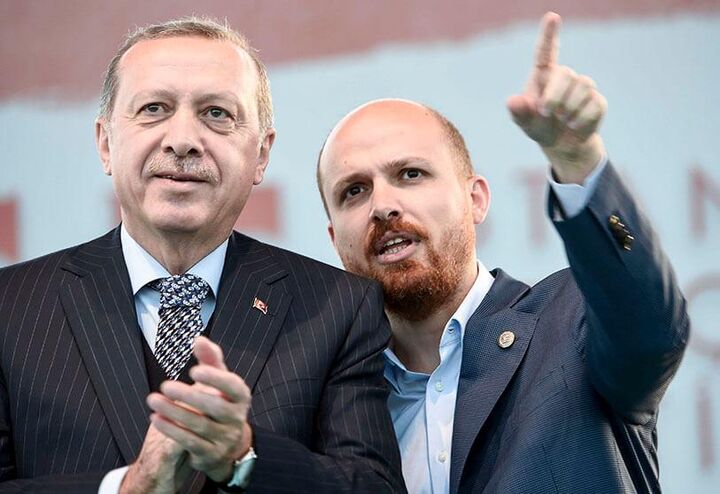




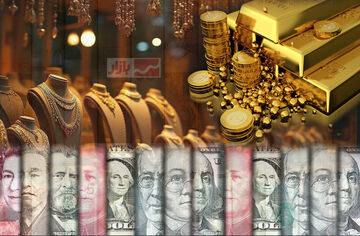
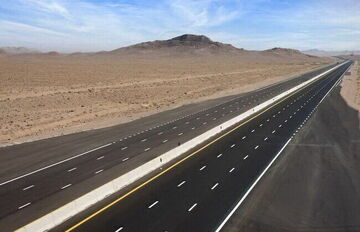
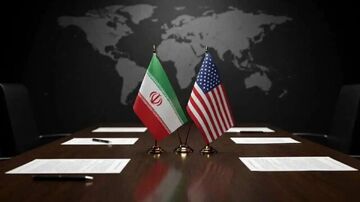
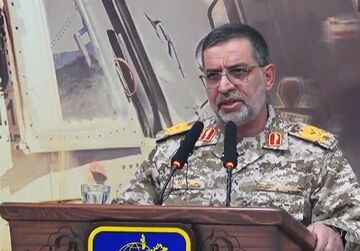
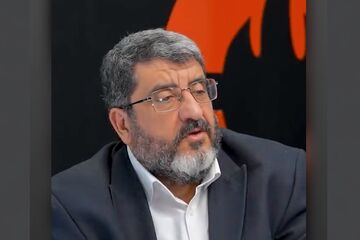

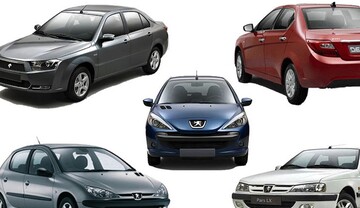
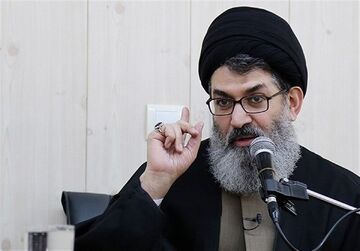
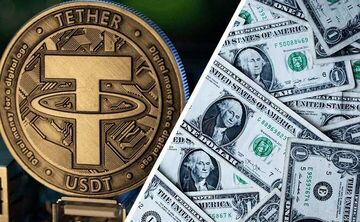
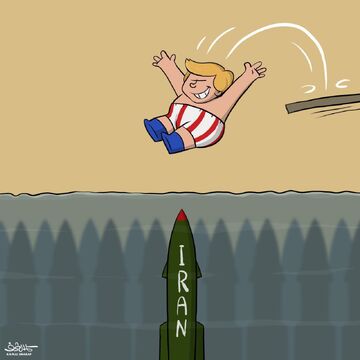
نظر شما